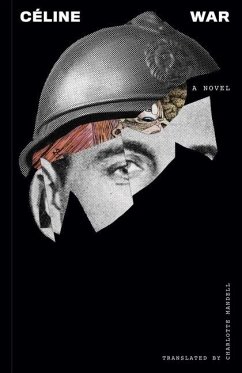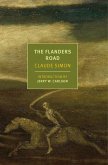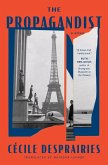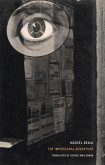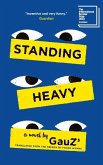Céline had long claimed that Death on the Installment Plan was part of a trilogy, and that the manuscripts of War and London had been stolen by the Resistance from his apartment, when he fled for his life-an abhorred collaborator-from Paris. Few believed him, but then, mysteriously, the manuscripts came to light in 2020. Greeted rapturously in France ("a miracle," Le Monde; "the discovery of a great text," Le Point), War is sure to be more controversy abroad. Though much revered as "the most blackly humorous and disenchanted voice in all of French literature" (London Review of Books), Céline is also reviled for his infamous antisemitic wartime pamphlets. War begins with Ferdinand waking in shock on the battlefield, grievously injured, with all his comrades sprawled out dead around him: it's a scene of visceral horror, carnage, and pain. The novel's key idea-that trench warfare lodges itself in the soldier's head forever, goes on destroying him, cuts him off from those who have not been on the front, and makes the hypocrisies of their safe world repugnant-drives itself under the reader's skin, powered by the sheer velocity of Céline's voracious, gritty, raw, graphic style.
Hinweis: Dieser Artikel kann nur an eine deutsche Lieferadresse ausgeliefert werden.
Hinweis: Dieser Artikel kann nur an eine deutsche Lieferadresse ausgeliefert werden.

